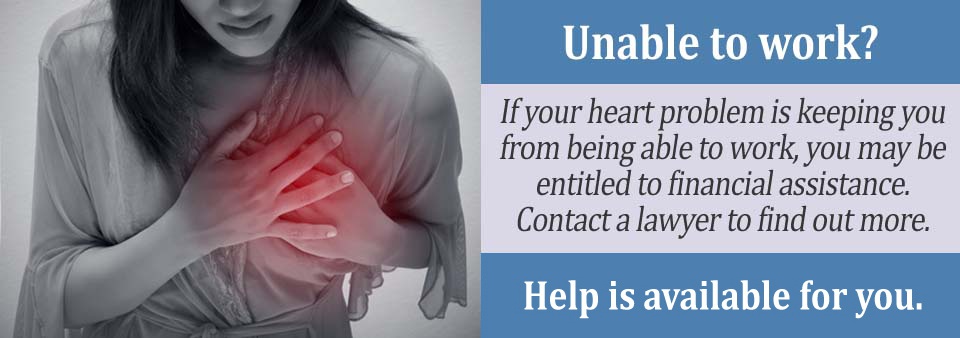Heart disease and strokes are two of the three most deadly diseases in the United States. Combined, these two illnesses result in approximately 750,000 deaths in the US each year — almost a fourth of all annual deaths in the United States.
This February is American Heart Month, created to raise awareness of diseases like this that claim the lives of so many. Continue below to learn more about their symptoms, the warning signs of these diseases, and how you can help to make our future more heart disease-free.
What Causes Heart Disease and Stroke?
Heart disease, or cardiovascular disease, is the leading cause of death in America. It describes a range of different heart conditions such as coronary artery disease, congenital heart defects (heart problems you are born with), and heart rhythm problems. These conditions range in severity and treatment style, but can all become dangerous if left alone. At worst, heart disease can cause other major issues, such as stroke, which can be deadly.
Strokes ("brain attacks") occur when the brain loses blood supply and stops receiving oxygen. This is often due to blood vessel and artery issues caused by cardiovascular disease. Any areas of the brain that lose oxygen become injured, impairing the function of that area of the brain. This can lead to the loss of many mental and physical functions, paralysis, and in about 1/3 of cases, death.
Warning Signs
While there are multiple kinds of heart disease, the warning signs of each are very similar. Potential symptoms may include:
- fluttering in your chest or racing heartbeat
- chest discomfort or pain
- shortness of breath
- dizziness or fainting
- pale skin
- swelling in the legs, hands, around the abdomen, or around the eyes
- constant weakness and fatigue
- numbness in arms and legs
- persistent fever
If you experience any of these symptoms, it is important to see a doctor immediately.
In contrast, strokes are hard to see coming beforehand because they are so sudden. If you believe someone is having a stroke, it is important to keep the acronym FAST in mind:
- Face drooping
- Arm weakness
- Speech difficulty
- Time to call 9-1-1
Heart Disease and Stroke Prevention
It is much easier to make healthy choices that prevent heart disease and strokes than it is to fix them after the fact. Therefore, people of all ages should be wary of their habits in an effort to prevent these conditions from happening to you.
As with most recommendations, maintaining a healthy, active lifestyle with proper diet and no smoking is of the highest priority. By keeping your body as healthy as possible, it is in its best shape to fight off disease and keep organs working properly.
It is also important to find a doctor you trust for annual exams to check for certain diseases, especially if they are common in your family — things like high blood pressure and blood sugar levels have been linked to higher risk of heart disease. It is also important to stay as positive and stress-free as possible — mental health is vital to staying healthy physically, even after receiving a diagnosis.

Additional Resources
If you or a loved one has been diagnosed with a heart problem and is looking for additional assistance, Social Security disability insurance (SSDI) may be an option. Social Security can provide monthly benefits to patients and families who are financially unable to function due to their impairment.
Even those without a definite diagnosis can receive assistance for symptoms that are severe enough. For more information on SSDI or the application process, you can refer to the Social Security Administration’s website or speak with a Social Security disability attorney.
Add new comment